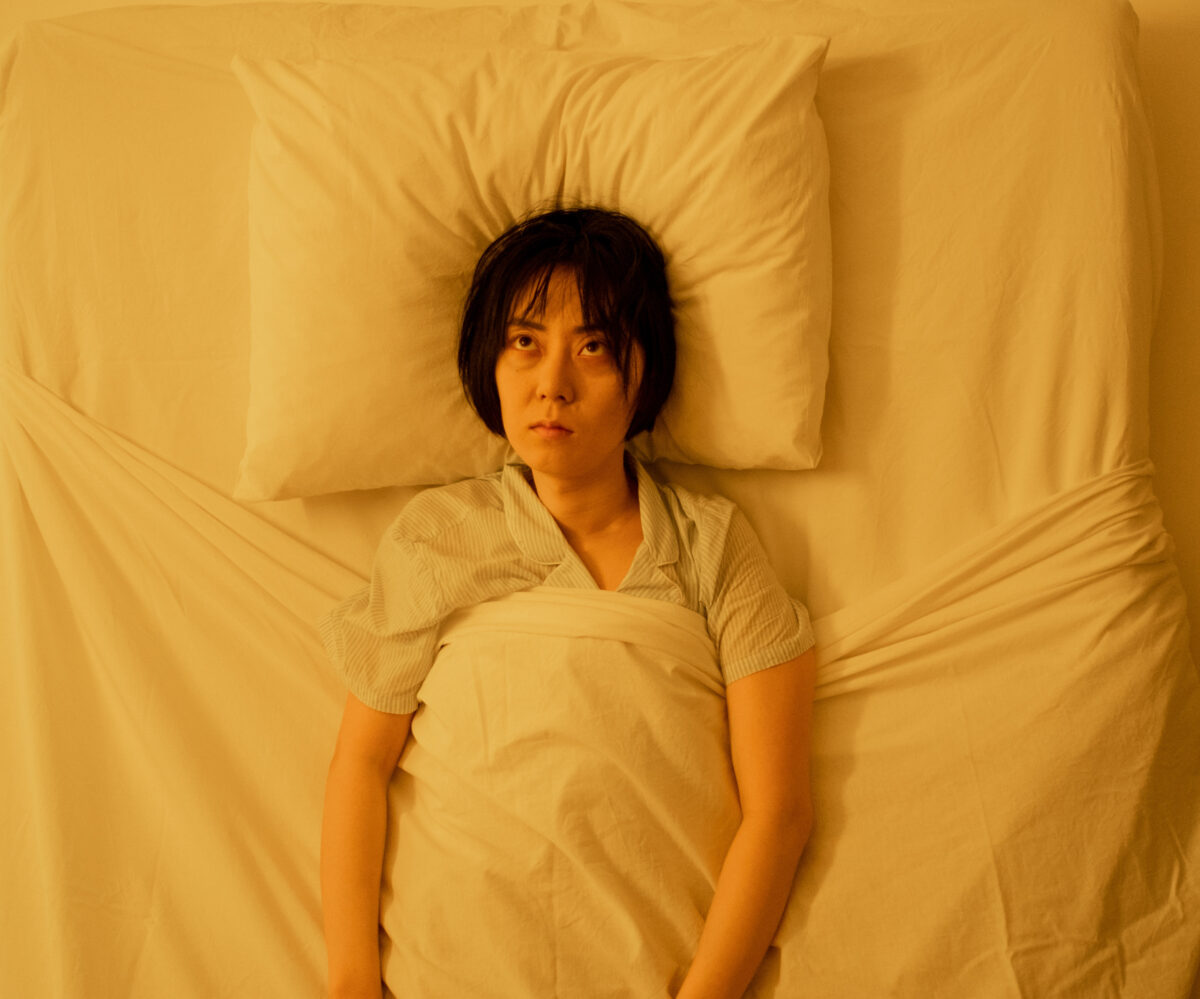Low hormones and fatigue by aging
There are various causes of aging, but hormonal decline is also an essential factor. Hormones decline with age and it leads to low hormones and fatigue. Hormones to optimize include growth hormones, melatonin, thyroid hormones, adrenal hormones, and male and female hormones.
Hormone change in a day
The human body has a clock, and hormone peaks differ depending on the time of day, and there are daily fluctuations. It usually decreases with age, but there are individual differences.
Low hormones, sleep difficulty and fatigue
Growth hormone makes the body grow, but after age 20, it becomes a repair and regeneration hormone. The first sleep cycle is vital because it peaks 90 minutes after falling asleep. Melatonin related to sleep peaks in the teens and decreases after the 40s. Young people in their teens are tired from exercise and can sleep soundly, but the lack of melatonin is also why they can not sleep soundly, no matter how tired they become. Taking melatonin one hour before bed is best, but taking it during the day will disrupt your rhythm and cause insomnia. Sleep difficulty by low hormones will lead to fatigue.
Thyroid, adrenal glands and fatigue
When your thyroid function is low, it becomes problematic. Thyroid hormones begin to function after converting from T4 to T3; progesterone and selenium are essential for this conversion. No matter how much you take medicine, you can expect no effect if these are insufficient.
The adrenal glands are essential. The adrenal glands, the few-gram organs on top of each kidney, are crucial organs that deal with stress responses. There are four of them: cortisol, aldosterone, adrenaline, and DHEA, all of which are fighting hormones (stress hormones).
DHEA is an anti-stress hormone known as the mother hormone that changes into about 50 different hormones. It is also an important indicator of body age. Usually, your body will produce stress and anti-stress hormones in a well-balanced manner. But if pressure is applied too much, only stress hormones are made, and it reduces DHEA. It eventually leads to low hormones and fatigue.
A serious person who tries too hard can become chronically tired, uninterested, indecisive, and have insomnia. It is a symptom of adrenal fatigue syndrome. Replenishing DHEA regularly and keeping it at the optimum level is preventive.
Do you need a natural support to recover your DHEA level? Juveriente®’s Effisoy will support to recover deteriorated DHEA synthesis in your body. It’s only a natural food, but Japanese women, who have far lighter menopausal experiences, take the same key ingredient from their staple, Miso.
Decreased estrogen by aging
Female hormones include estrogen and progesterone. Estrogen E2 is said to drop by 35% in the mid-40s, while progesterone drops by 75%. The difference in this decline is the cause of the poor physical condition. When replenishing, estrogen is best in the morning, and progesterone is best in the evening.
It would be good to address hormonal decrease from the mid-40s, just before the hormone drop becomes noticeable.
The Natural menopause supplement with excellent reviews in Amazon
Juveriente®’s Effisoy, launched in 2016, brings you the essence of Japanese women’s health. Some clinical researches have reported that Japanese women have far lighter menopause experience. One of its key is Miso, fermented soy paste. It is a commonsense in Japan.
Fermented foods are often hard to eat for people of other dietary cultures. But you can take the essence easily through the supplement. Effisoy is the only supplement brand to bring you fermented soy extract outside Japan. This is only a natural food and we don’t call it “a therapy”, but it may be only one we can nearly call a “natural hormone therapy”.
Here are some of the real product reviews in our Amazon shop.
“Restful sleep finally!!”, “I Am Now Free of Hot Flashes!!”, “Lifesaver”




